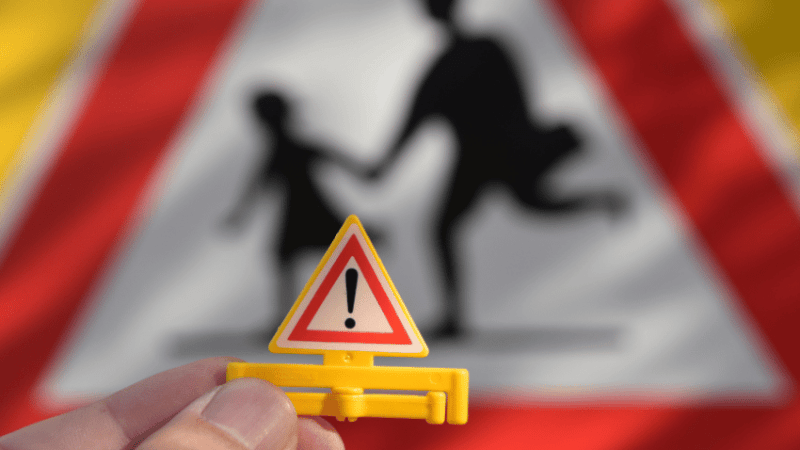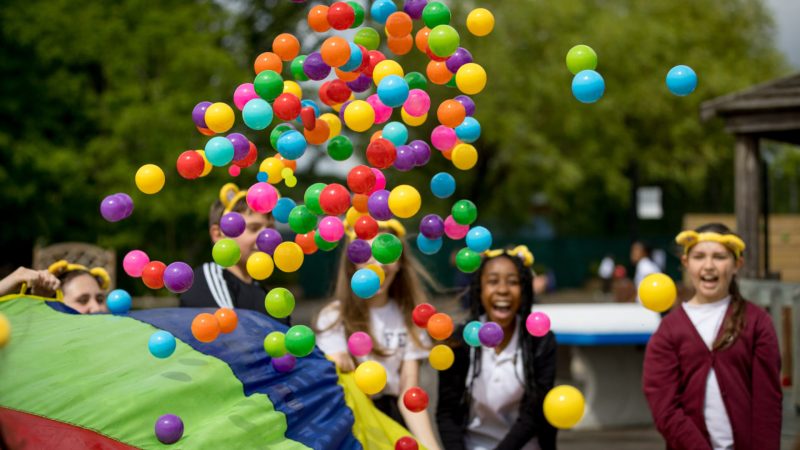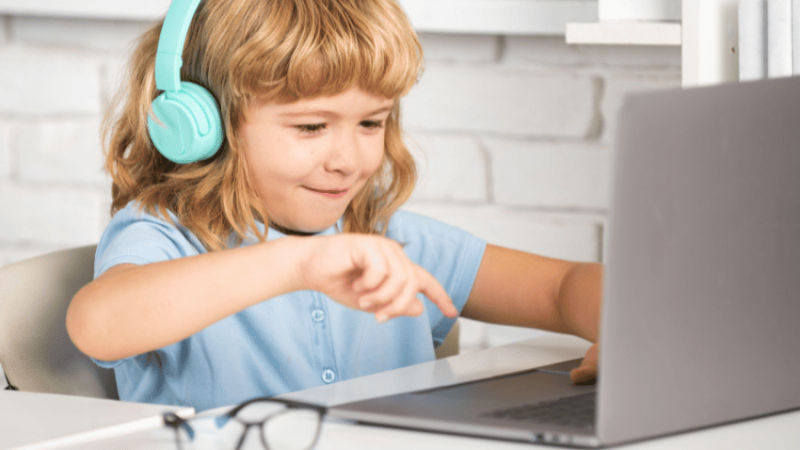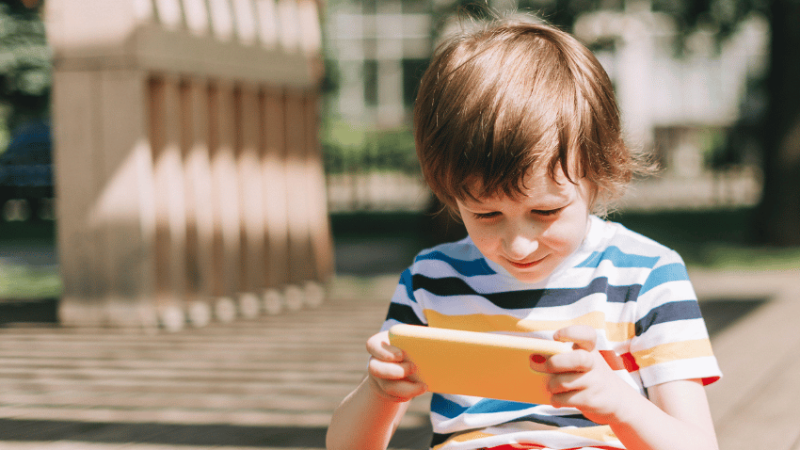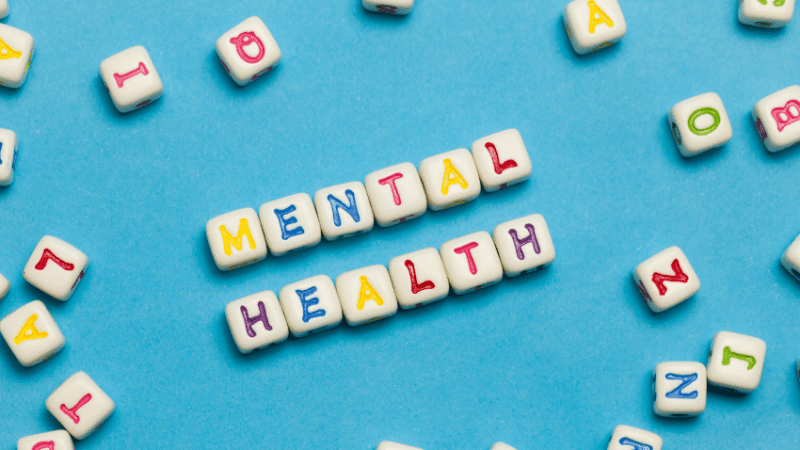Personal, social and emotional development – 13 EYFS ideas
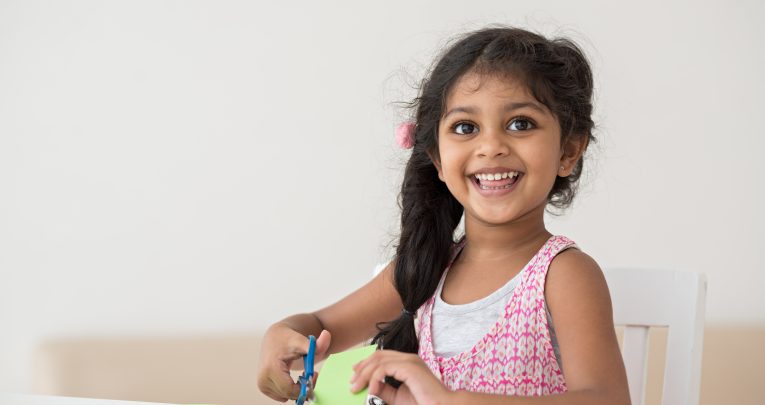
Kathy Brodie explains what personal, social, and emotional development is, why it is important in early childhood education, and how you can promote it in practice…

- by Kathy Brodie
- Consultant, trainer, author and founder of Early Years TV Visit website
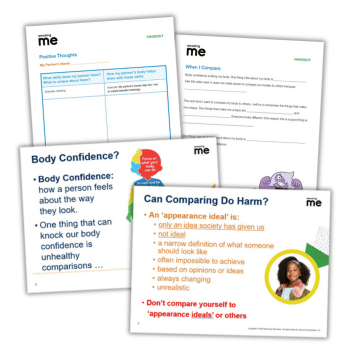
What is personal, social and emotional development?
Personal, social and emotional development, or PSED, is all about helping young children to develop:
- a positive sense of, and belief in, themselves
- positive relationships with, and respect for, those around them
- the ability to manage their feelings and behaviour
Personal development
This is about having a sense of self and a sense of others. Self-esteem and self-confidence are different, though closely related, aspects of a sense of self.
Self-esteem is how much a child values him or herself, whereas self-confidence is being sure of one’s own abilities.
Supporting self-confidence is about more than simply praising children. In fact, over-praise has been shown to be detrimental for children.
As children grow and develop, they begin to get a sense of ‘others’. They learn that others have different feelings, motivations and thoughts to themselves
Social development
Social development is the development of interactions with other children and adults, including different types of communication and learning.
The great benefits of having friends and being friends with others should not be underestimated. It’s also important to be aware, however, that ‘making’ children be friends might be counterproductive.
- Part of PSED is giving children opportunities to relate to other children, and to form positive relationships with a wide range of adults and children. In this way, they can start to:
- – appreciate other cultures and communities, as well as other perspectives and viewpoints in general
- – recognise similarities between themselves and other children
- – identify traditions or cultural artefacts that are different
- These are part of understanding the world and appreciating people and communities.
Emotional development
Emotional development is supported by the key person role and the way that the key person gives a feeling of emotional stability to her or his children.
Allowing children to take risks is an important way of helping them to understand how, sometimes, they may need to try several times before being able to master a skill.
Why is personal, social and emotional development important?
As one of the prime areas of the EYFS, personal, social and emotional development is fundamental in supporting other areas of learning and development .
However, making the links explicit between secure personal, social and emotional development and other areas can sometimes take a bit of reflection.
Some attitudes, such as having good self-esteem or being resilient, for example, are likely to be a benefit in all areas of learning and development.
However, as the following pointers illustrate, some areas of personal, social and emotional development can be more closely linked to specific areas of the EYFS.
How to promote personal, social and emotional development in Early Years
1) Express yourself
Helping children to understand and express their feelings is a core part of their emotional development. These are essential skills for children to be able to predict how characters are feeling in stories, to understand characters’ motivations and to anticipate their actions.
Empathy and related skills help children to enjoy books and encourage them to improve their literacy skills.
Without them, children are unlikely to feel the building of tension or excitement, for example, within the narrative. This means they’re less likely to persevere with a storybook.
2) Taking turns
Holding a verbal conversation is a complex process. Children must be able to take turns, and both listen and think about a response – all of which takes practice!
Language development and conversations can be improved by affording children plenty of experience of turn-taking games, for example, board games or ‘ready, steady, go’ games.
Creating situations where children have to wait their turn and listen as well can also help foster these skills.
For example, a supportive circle time can be both a social activity as well as a turn-taking and language activity.
3) What’s appropriate?
Often ‘language’ and ‘communication’ are used interchangeably as terms, but much of our communication is situational and social.
Children must understand that the type of language you use depends on the situation you’re in, or who you’re talking to. Therefore, part of children’s personal, social and emotional development could include:
- having experiences in different social situations
- discussing social norms in stories
- considering the types of responses that would be appropriate for the circumstances
This can give children the confidence to be able to communicate in suitable ways.
4) Playing together
Some of the best physical development requires collaboration, for example, ring games, parachute games and team games.
Therefore, children need to know how to share, work together and cooperate as part of their social development to make the most of these activities.
Many of these games also benefit from a good imagination and compassion for others – another essential personal, social and emotional development skill.
5) Confident movers
Sticking with physical development, children need to have self-confidence in their movement skills and abilities.
This can be achieved through positive encouragement, and by providing physical activities that are challenging but achievable.
This may include being confident in asking adults for help, for example, if children are setting up an obstacle course or are climbing up high.
6) Mastering maths
Mastery disposition – where children believe they’re able to do something and are happy to try new activities – is useful in many other areas of learning and development.
However, it’s particularly valuable when it comes to maths because children may not have many positive role models in this area of learning and development.
Being able to predict the next colour in a sequence or spot patterns is a key mathematical ability. If children believe they’re able to do this, they’re more likely to achieve and master these skills.
7) Feeling anxious
Children are likely to be able to identify the activities that they like, or don’t like, as part of their personal, social and emotional development when managing their feelings and behaviours.
This also means that they may start to avoid, or express anxiety over, certain activities – possibly messy play, risky play or some sensory activities.
Whilst it’s desirable for children to be able to voice their opinions and have free choice, it’s also desirable that they experience the whole curriculum and develop the confidence to overcome their fears.
8) Coping mechanisms
Resilience is the ability to cope with life’s ups and downs. This is a skill that children need to learn and practice, and is closely related to positive emotional wellbeing.
You can build resilience by allowing children to take some risks. Close relationships with others and supporting a positive self-image both help to increase children’s resilience, too.
9) The feel-good factor
Self-esteem is how children feel about themselves, and is associated with self-disposition. You can help to raise self-esteem by providing opportunities for children to master skills, for example, challenging them to do slightly harder tasks, supporting them where necessary, but at a level that you think they will be able to achieve.
10) Encouraging words
Self-confidence is either nurtured or undermined by the people around children and affects how children view themselves through the actions of others.
It is important to use specific encouragement, for example, rather than saying, “That’s a nice picture” it is better to say, “I really like the way you have used colours and shapes in this picture.”
You can nurture self-confidence by supporting children in their attempts, and ensuring they aren’t belittled if anything goes wrong, but that they are encouraged to try again.
11) My background
Celebrating children’s unique and varied cultures helps them to build a sense of pride in themselves, their family and their society.
This could be through festivals and celebrations, or by including cultural artefacts in a home corner, outdoors or other areas of continuous provision.
12) Let’s talk about it
It is important that you allow children to discuss their emotions. You can help them to do this by giving them the vocabulary to describe how they are feeling.
Remember to regularly and sensitively encourage children to discuss their emotions, both positive and negative.
This helps them to both make sense of how they are feeling and learn to communicate this effectively to you. It may also help some children to regulate their emotions and build up their resilience.
13) Set an example
Being a good role model, with both children and other adults, helps to show children the desired behaviour and development whilst at your setting.
For example, discussing how you are feeling and why, showing children how to be self-confident and demonstrating your friendships with others will help children to understand and emulate these behaviours.
Kathy Brodie is an Early Years Professional and trainer based in East Cheshire. She has worked in both nurseries and schools, and today specialises in the Early Years Foundation Stage and special educational needs. For more information, visit kathybrodie.com.


